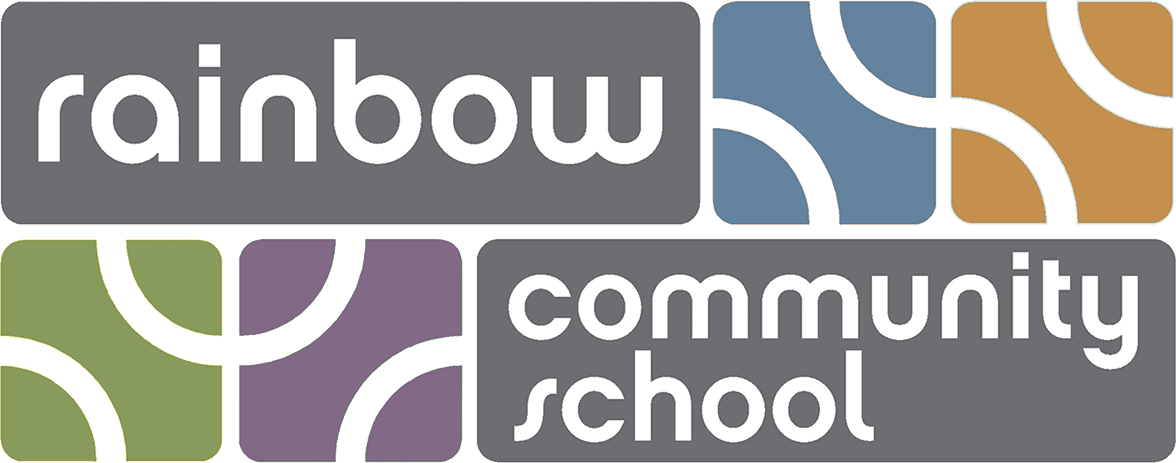I am sure you have actions or behaviors in your day that you could categorize or label as habitual. Consider one or more of those for a moment. For example, brushing your teeth, or filling the tea kettle, putting food in the dog bowl before you are off to work, etc… Do you consider these as sacred HABITS. I am going to assume that you don’t likely bring intentioned awareness or a mindful presence to these on a daily basis. Or that you don’t pause to give reverence to those actions. I wonder what would transpire if you did?
When something becomes habit it has the tendency to lose its power, its meaning, and its impact. As you may know from previous centering reflections- ritual, rites and ceremony are embedded into RCS’s curriculum and culture in various forms. These show up in class meetings, centering practices, celebrations, and everyday when the kids unite in a food blessing.
Recently I joined grade 4 for a two-part centering in which the teacher introduced the word “invocation.” Invocation is a sentence, poem or prayer that calls our attention from the ordinary into the sacred.
Many RCS classrooms invite the sacred into the classroom through morning verses, songs, and regular recitations. However, blessings are one invocation that serve as a sacred ritual in every classroom. They happen each day before snack and before lunch. The blessing leader chooses from the blessing wall or list and then leads his/her classmates. Often they are followed by a minute of food honoring silence.
The introduction of the word invocation opened the floor for a discussion guided by these questions … “What makes something sacred or special and why do we pause for a blessing?”
The discussion led into an extension activity in which the kids shared their own family blessings and brainstormed general elements or characteristics that make up a blessing. This brainstorm then led to some personal journaling in which the students were asked to draft an original blessing to be added to the list of blessings. This was the teacher’s way of bringing the power back to something that had lost its spark while also empowering the students to take ownership over daily rituals.
Something done everyday can become habit if we make an effort to revisit what meaning it has. It we don’t pause or bring some intentionality back into it. This is like adding water to thirsty and drooping plant- it brings the life, the enthusiasm, the perk back into it.
How can what we do at RCS inspire your own personal or professional work? Consider these questions.
What in your life needs to be watered?
What rituals have become habit?
How can you breathe life back into them?








